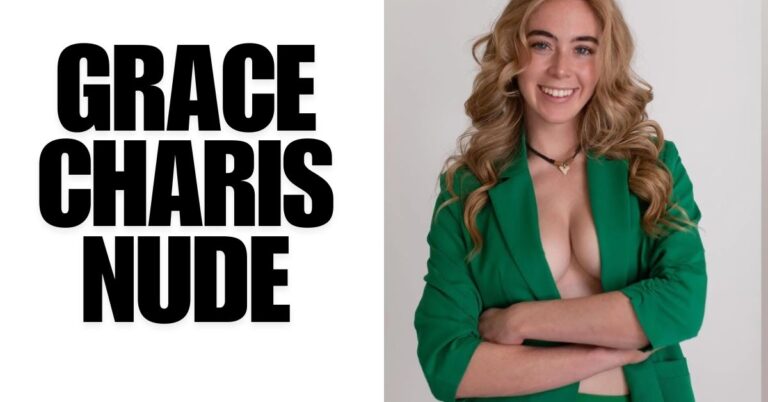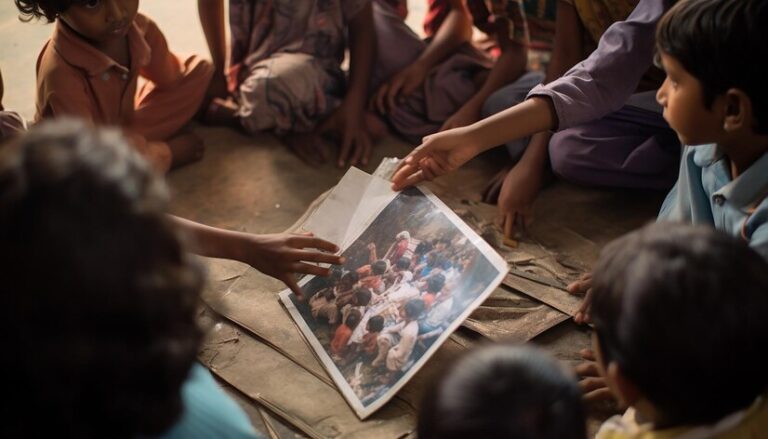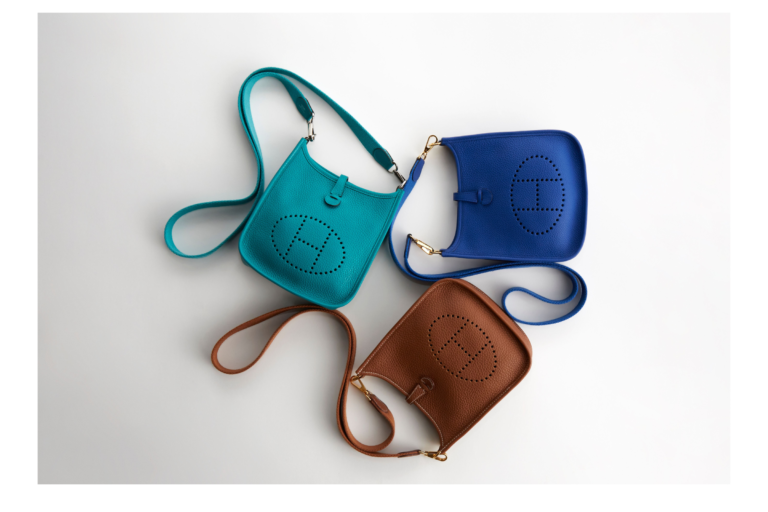Denim Tears Fashion with Purpose and Cultural Impact
In the modern fashion landscape, few brands have been able to fuse high-end streetwear with cultural commentary as seamlessly as Denim Tears. Founded by designer Tremaine Emory, Denim Tears is not just a brand—it’s a cultural movement. Emory’s unique ability to combine streetwear aesthetics with powerful, history-driven narratives has made Denim Tears a standout in both the fashion industry and beyond. With an emphasis on Black history, identity, and activism, Denim Tears has redefined what it means to wear a message through fashion.
The Birth of Denim Tears
Denim Tears was launched in 2019 by Tremaine Emory, a designer, creative director, and cultural figure with a long history in the fashion world. Before starting his own brand, Emory worked with some of the biggest names in streetwear, including Supreme, Off-White, and YEEZY. His time working with these labels not only honed his skills in the streetwear space but also deepened his understanding of the fashion industry’s broader cultural impact.
Emory’s experiences shaped his vision for Denim Tears—he wanted to create a brand that wasn’t just focused on style, but on cultural commentary. The name “Denim Tears” itself speaks volumes. Denim, a fabric traditionally associated denimtearsofficial.com with workwear and American culture, combined with Tears, evokes a feeling of mourning and reflection. This juxtaposition sets the tone for what Denim Tears represents: a fusion of the past and present, of beauty and pain, and of fashion as a vehicle for social commentary.
Design Philosophy: Fashion as a Medium for History and Culture
What distinguishes Denim Tears from many other streetwear brands is its commitment to incorporating Black history and cultural awareness into the design process. Emory’s designs aren’t simply about aesthetics—they’re about telling stories, provoking thought, and addressing issues of racial inequality, historical trauma, and the ongoing fight for Black empowerment.
One of the most striking elements of Denim Tears’ design philosophy is the use of historical imagery. Emory often draws inspiration from the painful yet powerful history of Black Americans, weaving elements of that history into his collections. One of the most notable symbols used by Denim Tears is the cotton flower, a motif that is both a nod to the Southern agricultural economy that relied on enslaved Black labor and a poignant reminder of the historical trauma endured by Black people in America.
The Cotton Collection, for example, is a standout release that made waves in both the fashion world and the activist community. Featuring the cotton flower symbol and text that references the cotton industry’s historical ties to slavery, the collection became an emblematic statement about the ways in which fashion can honor and reflect the struggles of Black communities. By using this potent symbol of the past, Emory creates a tangible link between history and the present, urging consumers to think critically about the ways in which these histories continue to shape the world today.
Denim Tears and Cultural Activism
Tremaine Emory views fashion not as a simple commodity but as a powerful tool for cultural activism. Denim Tears is a brand that speaks to larger social issues, specifically focusing on the ongoing fight for racial justice. The integration of Black history and activism into his clothing collections has sparked conversations about the role of fashion in social change. Denim Tears is not just a brand—it’s a platform for Emory to address systemic inequalities, celebrate Black culture, and raise awareness about the past’s lasting impact.
Through his collections, Emory forces the wearer and viewer to confront uncomfortable truths. The Cotton collection, with its cotton flower motif, isn’t just a fashion statement—it’s a history lesson, one that challenges consumers to acknowledge the legacy of slavery and the exploitation that Black people endured. Emory has stated that he wants to spark dialogue, to force people to reflect on their personal histories and the cultural narratives they participate in, even unconsciously.
Denim Tears also partners with organizations and activists who fight for racial justice, furthering the brand’s commitment to advocacy. By using his platform to support causes that benefit marginalized communities, Emory takes Denim Tears beyond the realm of fashion and transforms it into a form of activism. He has made it clear that his brand is not just about making a profit—it’s about creating change, educating the public, and uplifting the voices of those who need it most.
Key Collaborations: Bridging Streetwear and Luxury
From its humble beginnings, Denim Tears has garnered the attention of some of the most influential brands in the world of fashion. One of the key reasons for the brand’s rapid rise in popularity is its collaborative efforts with other major players in streetwear and luxury fashion. These collaborations not only broaden Denim Tears’ reach but also enhance its cultural relevance.
One of Denim Tears’ most impactful collaborations came with Nike, a brand synonymous with both athletic performance and streetwear culture. The collection included sneakers and clothing items that featured the brand’s signature cotton flower motif, combining high-end streetwear style with meaningful commentary on race and history. This collaboration, which launched during a time of heightened racial tension in the U.S., amplified the brand’s message and introduced Denim Tears to a wider audience.
Emory has also worked with Converse and The New York Knicks, partnering with brands that share similar cultural values. These collaborations create an even larger platform for Emory’s activism and storytelling, allowing Denim Tears to reach both mainstream and underground fashion communities. By blending streetwear sensibilities with luxury brands, Denim Tears has established itself as an innovative force, blurring the lines between high fashion and grassroots streetwear.
Denim Tears’ Impact on the Streetwear Scene
Denim Tears has made an undeniable impact on the streetwear scene. Streetwear has always been about much more than just clothes; it’s a movement, a culture that is deeply intertwined with social, political, and personal identity. Denim Tears taps into this, using fashion as a tool for cultural expression and activism.
The brand resonates with individuals who want to wear more than just a logo—they want to wear a statement, a story, or a message. In an era where many streetwear brands focus on hype and exclusivity, Denim Tears stands out by prioritizing meaning over status. The brand appeals to those who are looking for more than just a fashion trend; it appeals to those who want to be part of a cultural conversation.
Celebrities and influencers have taken notice of Denim Tears, with the brand being seen on the likes of Drake, LeBron James, and Kanye West. These high-profile figures, who hold significant sway in both fashion and culture, help amplify Denim Tears’ message of empowerment, activism, and reflection. By wearing Denim Tears, these public figures contribute to the brand’s mission, using their platforms to spread its messages far and wide.
The Future of Denim Tears: Expanding the Narrative
Looking ahead, Denim Tears is poised to continue its ascent within the fashion world. Emory’s dedication to creating thought-provoking designs, addressing important social issues, and creating space for underrepresented voices in fashion ensures that Denim Tears will remain an influential force in the industry. As streetwear continues to evolve, the brand’s commitment to blending high-quality design with cultural relevance will keep it at the forefront of both the fashion and activist communities.
Tremaine Emory has shown that fashion can be a powerful medium for storytelling and change, and Denim Tears is set to remain a leader in that movement. The brand’s ability to weave historical context into contemporary fashion is what makes it unique, and as its reach expands, it will continue to offer consumers a meaningful and thoughtful alternative to the fast-paced, trend-driven nature of modern fashion.
Conclusion: Denim Tears as a Cultural Force
Denim Tears is a brand that stands out in a crowded fashion industry for its ability to combine style, history, and activism. Through its bold designs, meaningful symbolism, and commitment to social justice, Denim Tears has transformed the way we think about streetwear. Tremaine Emory’s vision has created a brand that is more than just a clothing line; it’s a cultural movement that challenges the status quo and uses fashion as a tool to address racial inequality and celebrate Black history.
As Denim Tears continues to grow and collaborate with key players in fashion, its influence will only expand, shaping the future of both streetwear and activism. Denim Tears proves that fashion is not just about what we wear—it’s about what we stand for.






